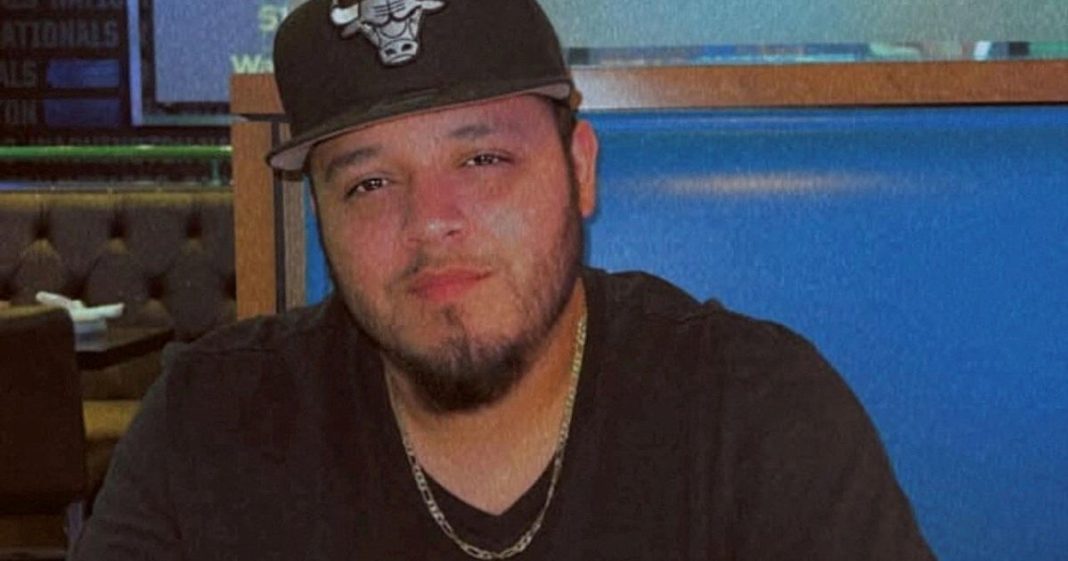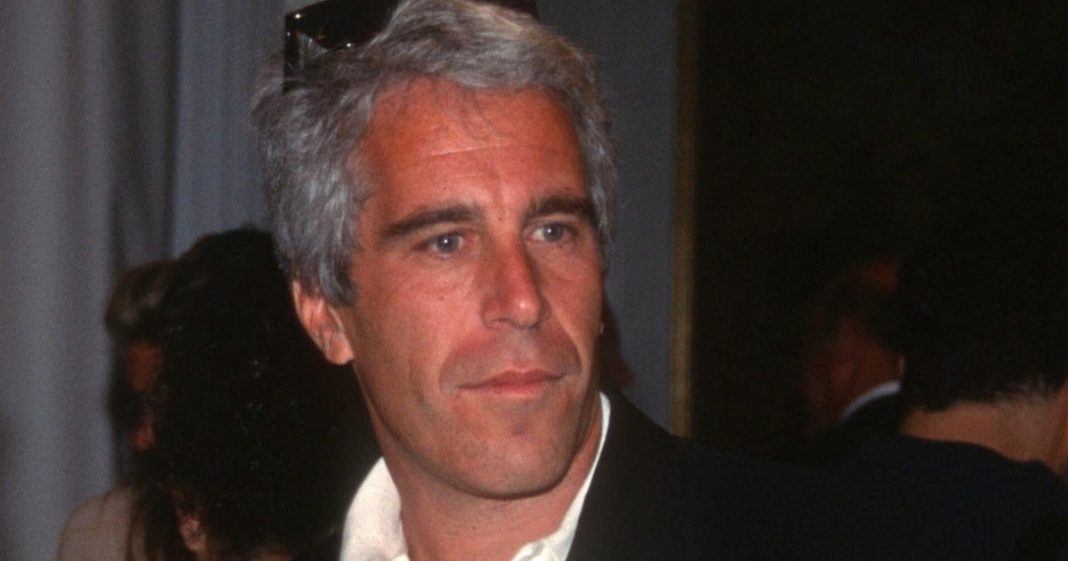Washington — A federal judge on Wednesday barred federal immigration authorities from immediately taking Kilmar Abrego Garcia into custody once he is released from criminal confinement in Tennessee and ordered the Trump administration to provide him 72 hours’ notice if it plans to initiate proceedings to remove him to a country that is not his place of origin.
The order from U.S. District Judge Paula Xinis was issued as a federal judge in Tennessee, who is presiding over Abrego Garcia’s criminal case, ruled that the Salvadoran national should be released from the custody of federal law enforcement under conditions that will be set by a magistrate judge.
The Tennessee judge, Waverly Crenshaw, denied the Justice Department’s request to revoke an order allowing Abrego Garcia to be released while awaiting a criminal trial, writing that the government “failed to carry its burden of showing that no condition or combination of conditions will reasonably assure Abrego’s appearance or the safety of others.”
Abrego Garcia was charged with two criminal counts of human smuggling last month and has pleaded not guilty. While a magistrate judge said he should be released from the custody of U.S. Marshals ahead of a trial, set to begin in January, the order prompted concerns that Abrego Garcia would then be swiftly detained by federal immigration authorities and deported.
In addition to blocking Trump administration officials from taking Abrego Garcia into custody after he is released in Tennessee, Xinis ordered the Department of Homeland Security to restore an order of supervision by U.S. Immigration and Customs Enforcement to its Baltimore field office and that Abrego Garcia should be returned to Maryland, where he lives with his family.
Xinis, who sits on the federal district court in Maryland, wrote that she “must accord modest relief” that ensures Abrego Garcia is not subject to “re-deportation without due process” and ensures the fulfillment of her order earlier this year that required the Trump administration to return him to the U.S. from El Salvador.
Administration officials, she wrote, “have done little to assure the court that absent intervention, Abrego Garcia’s due process rights will be protected.”
Abrego Garcia, who entered the U.S. illegally in 2011, was detained by ICE in March and sent to a Salvadoran prison along with hundreds of other deportees despite a 2019 court order that barred him from being sent back to El Salvador due to a fear of persecution by gangs. The Trump administration acknowledged Abrego Garcia’s deportation to El Salvador was an “administrative error,” but he remained there for months — despite Xinis ordering the government to facilitate his return — until he was brought to Tennessee to face criminal charges.
While the magistrate judge said he should be released pending trial, the prospect that Abrego Garcia would then swiftly be detained by the Department of Homeland Security for removal proceedings created a new tangle for the courts to unravel. He has remained in the custody of U.S. Marshals as the legal proceedings have continued.
Abrego Garcia’s lawyers asked the Tennessee court last week to put off his release from custody for 30 days if Crenshaw denied the Justice Department’s bid to keep him in confinement while awaiting trial — which the judge did Wednesday.
He declined to address Abrego Garcia’s request for the 30-day pause, instead leaving it up to the magistrate judge to handle.




